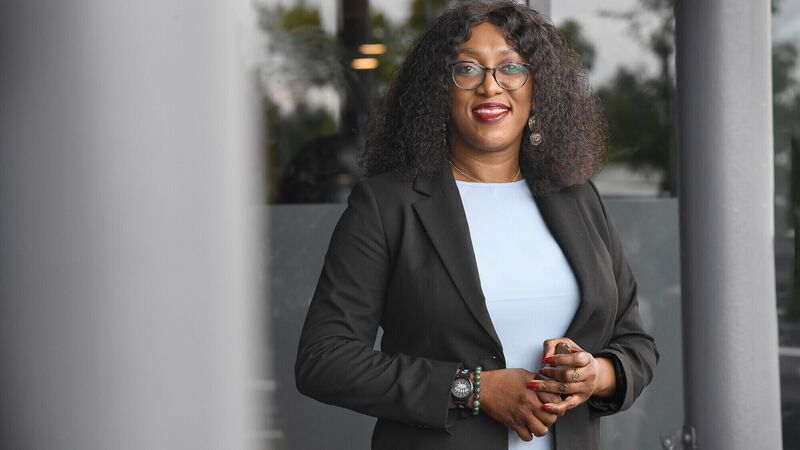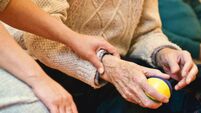Meet the first migrant woman to chair the National Women’s Council

National Women's Council chairwoman Jennifer Okeke. Picture: Moya Nolan
“We are falling behind when it comes dealing with domestic violence," according to the first migrant woman to chair the National Women’s Council.
Jennifer Okeke plans to make tackling the epidemic of domestic violence sweeping the country, access to services, and more women in leadership roles her priorities. Born in Nigeria, Ms Okeke was elected as chairwoman of the NWC last month.













